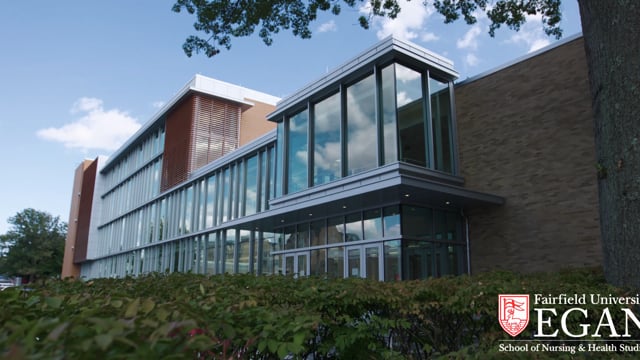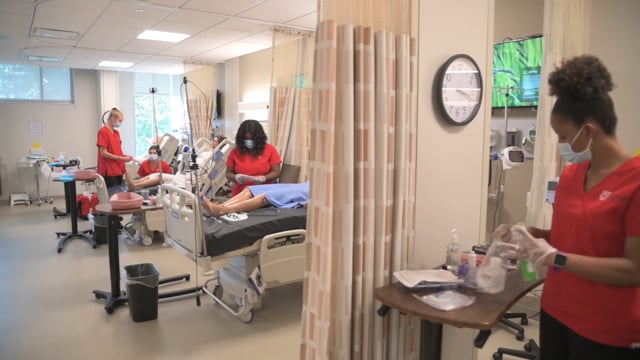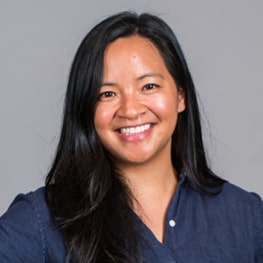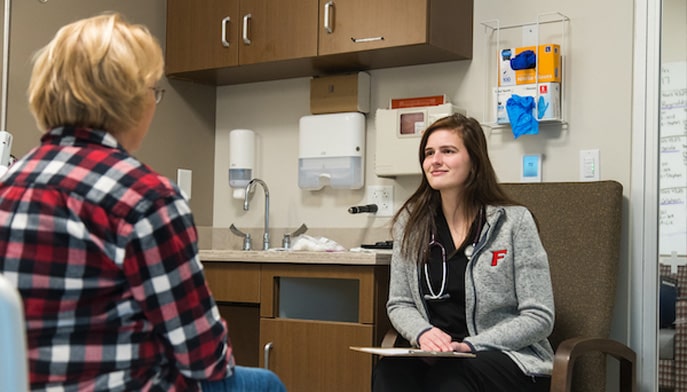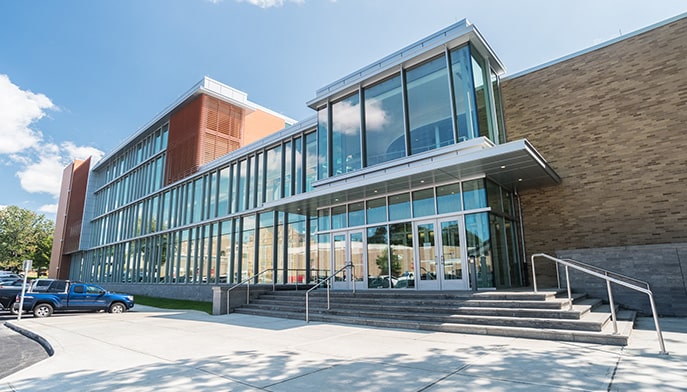DNP
Family Nurse Practitioner
Format & Location
On-Campus (Fairfield, CT), Hybrid
School/College
Egan School of Nursing & Health Studies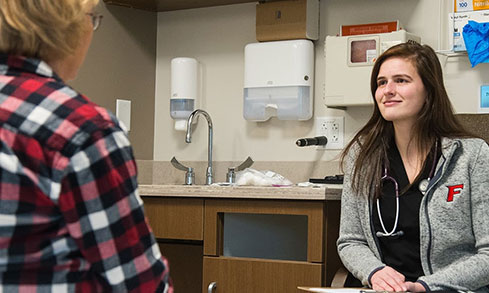
Start Dates
Fall (September)
Application Deadline
Priority: May 1
Completion
3-4 years
Schedule
Full-Time or Part-TIme
Attend a Virtual Information Session
Check for Upcoming Dates
Fairfield University's Doctor of Nursing Practice (DNP) Family Nurse Practitioner program prepares advanced practice nurses to provide holistic care, working in all care settings with a focus on delivering health promotion and disease prevention to people of all ages with acute and chronic diseases.
Find Out More
Course Requirements
Contact Us
Graduate Admission
gradadmis@fairfield.edu
(203) 254-4184
Career Outlook
The nationally-ranked programs offered by the Egan School allow graduates to pursue jobs in a range of locations with various employers.
Employers
Recent Placements
- Bridgeport Hospital
- Stamford Health
- VA Hospital
- Yale New Haven Children's Hospital
- Yale New Haven Hospital
The people and contacts that I have made at Fairfield have profoundly shaped my practice as a clinician and have opened up my opportunities for growth tremendously. The amount of time spent on the success of their students really has proven itself.
Jennifer Blondin
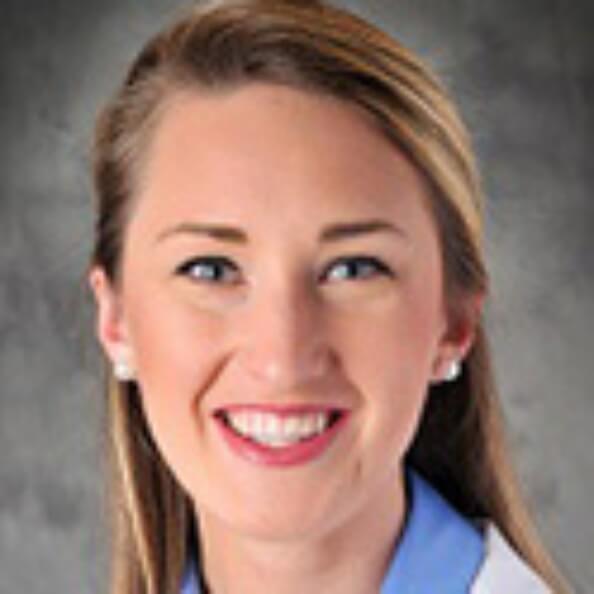
Request Program Info
Want details on courses, schedules, and financial aid? We're here to help.
Loading...
